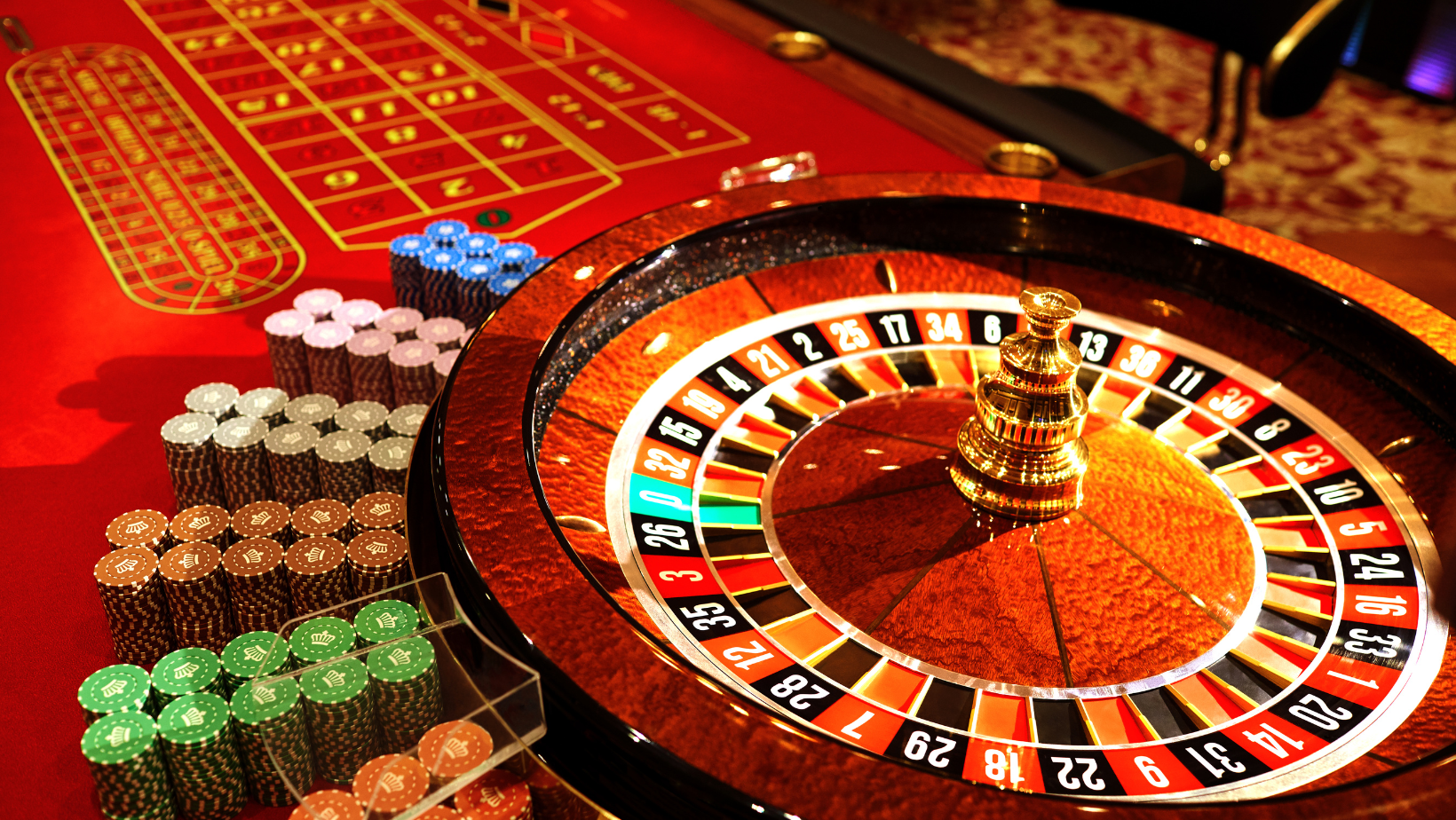
Hey there, curious minds and casino enthusiasts! Today, let’s dive deep into the intriguing world of casino house edge. It’s a topic that often sparks debates and conspiracy theories, leaving many wondering: Is the house edge rigged? Are the odds truly stacked against players?
In this article, we’ll unravel the mysteries surrounding casino house edge, exploring what it really means, how it works, and why it’s an essential part of the gambling industry. So, grab a cup of coffee, get comfortable, and let’s debunk the myths and uncover the truth about casino house edge.
1. Understanding The Basics: What is Casino House Edge?
Before we unravel the myths, let’s get the basics straight. Casino house edge is a built-in advantage that ensures casinos generate profits over the long run. It’s a small percentage of the player’s bet that the casino expects to win on average.
This advantage is present in every casino game, whether it’s slots, blackjack, roulette, or poker. The house edge is carefully calculated based on the game’s rules and probabilities, ensuring that the casino remains profitable while offering the thrill of gambling to players. So, in this way, yes, the casino house edge is rigged. In order for casinos to make a profit in the long term, the advantage has to lie in the casino’s hands.
However, long-term is the key word here. As you likely already know, it is entirely possible to make a profit when playing at casinos. Some people have even made their fortunes playing at casinos; so how does this add up if the odds are always in the casino’s favour?
Well, this is because the casino only wins consistently in the long term. In the short term, players can win time and time again. To give an example of this; if the casino wins 55 out of 100 times, it is entirely plausible for you to win 50 times in a row without losing once. However, if you play for long enough, things will eventually even out and you will find yourself on the other end of things.
2. Debunking The Rigging Myth: Mathematics vs. Conspiracy Theories
One of the most common misconceptions is that the casino house edge is rigged, designed to cheat players out of their money. In reality, casino games operate on intricate mathematical algorithms and probabilities. The outcomes are determined by random number generators (RNGs) in online casinos and mechanical systems in land-based establishments.
Rigging these games would not only be illegal but also financially disastrous for the casinos. Regulatory bodies, such as the UK Gambling Commission and the Nevada Gaming Control Board, enforce strict rules and audits to ensure fair play. So, while losing streaks can be frustrating, they are a natural part of the gambling experience and not evidence of rigging.
Casino games are just based on statistics, RNG, and mathematical algorithms. There is no rigging involved – the games just naturally favour the casino because of how they are set up. You could argue that this in of itself is a form of rigging, and you may even be correct. The truth of the matter is the odds are stacked against you, and you are not going to come out on top consistently over the long term playing at casinos.

3. The Role of Variance: Luck vs. Skill in Gambling
Understanding the concept of variance is crucial when discussing casino house edge. Variance refers to the natural fluctuations in a player’s bankroll due to the randomness of outcomes. In games like slots, where luck plays a significant role, variance can result in both big wins and losses.
Skilled games like poker, on the other hand, involve a blend of strategy and luck, allowing players to mitigate losses through strategic decisions. The house edge remains constant, but individual experiences vary due to variance. This natural variability often leads to misconceptions, with players attributing winning streaks to skill and losing streaks to rigged systems.
If you want an alternative, there is always Live casino free play, which allows you to play without putting any of your own funds at risk. This can be a great substitute if you do truly believe that the house is rigged against you (it is to an extent – casinos have to make money somehow).
4. Transparency And Fair Play: Building Trust in The Gambling Industry
In the modern gambling landscape, transparency and fair play are paramount. Reputable casinos, both online and offline, invest in cutting-edge technology and independent audits to ensure the integrity of their games. Online casinos prominently display their payout percentages and RNG certification, fostering trust among players.
Furthermore, the competitive nature of the gambling industry compels casinos to offer attractive odds and bonuses to attract and retain customers. Rigging games would not only tarnish a casino’s reputation irreparably but also lead to legal consequences.

5. Responsible Gambling: Managing Expectations And Bankroll
While the house edge is a fundamental aspect of gambling, it’s essential for players to approach gambling responsibly. Setting realistic expectations, understanding the odds, and managing one’s bankroll are key principles of responsible gambling.
Players should view gambling as entertainment rather than a guaranteed way to make money. Setting limits on losses and time spent gambling helps maintain a healthy balance between enjoyment and financial responsibility.
Conclusion
In the vast realm of casinos, the house edge is a mathematical reality rather than a rigged conspiracy. It’s a fundamental component that ensures the industry’s sustainability while providing thrilling experiences to millions of players worldwide. Understanding the nuances of casino games, embracing the element of luck, and approaching gambling with responsibility are essential for an enjoyable and fulfilling experience.
So, the next time you spin the reels or play a hand of blackjack, remember that the house edge is not a sinister plot but a mathematical certainty, adding excitement to the world of gambling. Happy gaming, and may your adventures in the casino world be filled with fun, excitement, and maybe a bit of luck!
